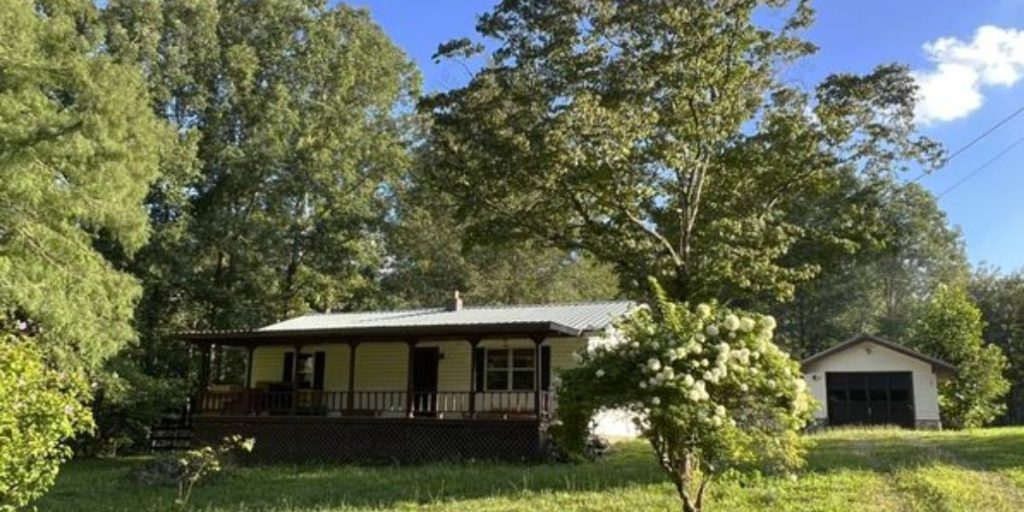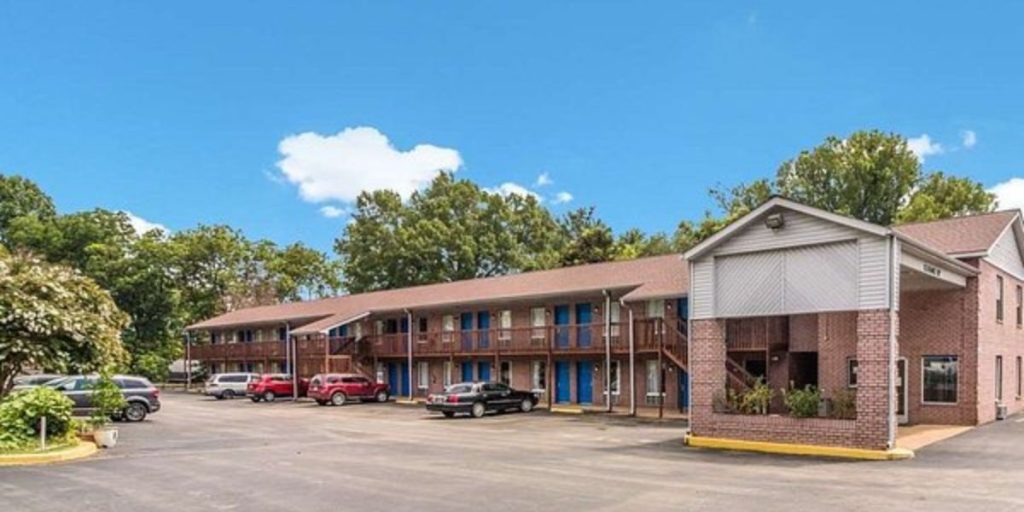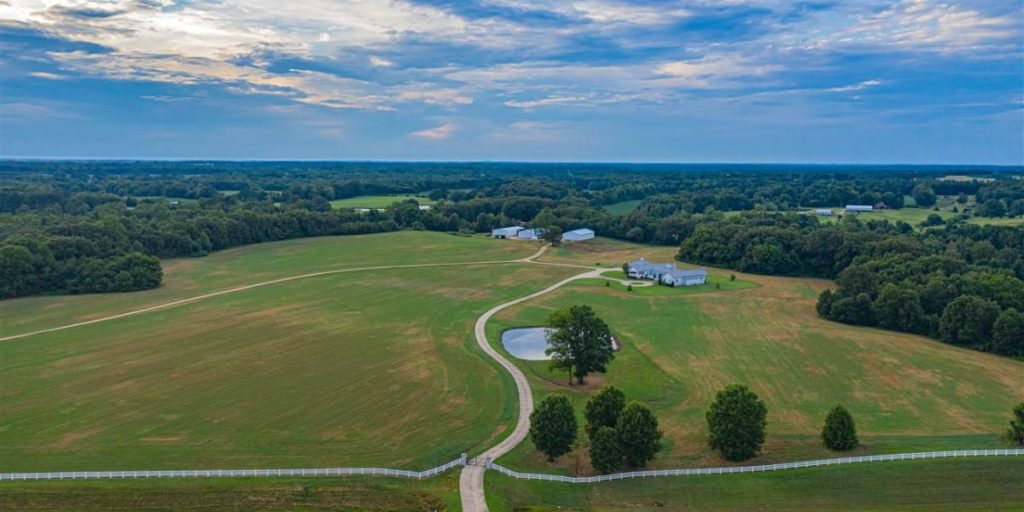Tennessee is experiencing steady growth, with its population increasing by 3.98% from 2018 to 2022. There are several reasons behind this growth.
One significant factor is the financial advantages the state offers. Tennessee has no state income tax and ranks 4th among nine states with the lowest overall tax burden. The cost of living is relatively low, making it the 6th cheapest state. Housing prices are 20% below the national average, and property taxes are the 15th lowest in the U.S.

The state also introduced the Tennessee Promise program in 2015, providing free tuition for two years at community colleges, funded by excess lottery reserve funds.
Tennessee’s environment is another attraction, with four distinct seasons offering beautiful landscapes. The state experiences mild winters with a small amount of snow, and the diverse regions, including the Great Smoky Mountains, rolling farmland, and flat spaces near the Mississippi River, provide varied natural beauty.
The quality of life is enhanced by the vibrant food scene, especially in cities like Nashville, known for its top-notch culinary offerings. These factors contribute to people choosing Tennessee as a place to live.
But why people are still leaving these towns?
Reasons People are Leaving Tennessee Towns

- Traffic: Because lots of new people moved to Tennessee in 2022, the roads are getting busier and causing more traffic problems.
- Crime Rate: A report in 2020 said that Tennessee is the 3rd most dangerous state in the country, especially when it comes to violent crime in the South.
- Low Wages and Poverty: The minimum wage in Tennessee is $7.25 per hour, which is the lowest it can be according to national rules. Many people in Tennessee earn low wages, and the state has the 12th highest poverty rate in the country.
- Life Expectancy: People in Tennessee, on average, live to be about 76 years old, which is one of the lowest life expectancies in the U.S. This might be because a lot of people in Tennessee struggle with obesity, which is the 4th highest in the nation.

- Allergies and Humidity: Tennessee often has high levels of allergies, making it tough for people with severe allergies to live there. Summers can also be really hot and humid, causing discomfort for some residents.
5 Tennessee Towns People Are Fleeing From
Palmer:
Palmer, a town in Grundy County, Tennessee, faced a significant population decline of 18% from the 2010 census to the 2020 census. As of 2021, Palmer’s population stood at 556.

In terms of income, the median household income in Palmer for 2021 was $39,792. This is notably lower than the median income for the entire state of Tennessee, which was $62,166 in the same year, indicating a financial disparity.
Furthermore, a concerning statistic is that 17.5% of families in Palmer are living in poverty, highlighting economic challenges within the community.
Hickory Valley

Hickory Valley, situated in Hardeman County in deep southwest Tennessee, experienced a substantial population decline of 21.2% from the 2010 census to the 2020 census. As of 2021, the population of Hickory Valley was only 78.
In terms of income, Hickory Valley’s median household income for 2021 was $29,063. This figure is significantly lower than the median income for the entire state of Tennessee, which was $62,166 in the same year, indicating a considerable economic difference.
Despite the low median income, it’s surprising to note that, according to the available data, none of Hickory Valley’s families were reported to be living in poverty in 2021.
Rives

In the northwest corner of the state, Rives saw a population drop of 24.5% from 2010 to 2020, with a population of only 242 in 2021. The median household income in Rives for 2021 was $33,750, much lower than Tennessee’s median of $62,166. Unfortunately, 22.6% of families in Rives are living in poverty.
Toone

In Hardeman County, Toone’s population dropped by 25.8% from 2010 to 2020, with 268 residents in 2021. The median household income for Toone in 2021 was $38,036, which is 39% less than Tennessee’s median of $62,166. Unfortunately, a significant 31.4% of Toone’s families live in poverty.
A noteworthy detail about Toone is that it is home to the Kilgore Flares Company, which creates pyrotechnic devices for the Department of Defense.
Whiteville

In Hardeman County, Whiteville faced a remarkable population decrease of 43.8% from 2010 to 2020, with a population of 2,651 in 2021.
Whiteville’s median household income for 2021 was $37,458, notably lower than the state average. The town also has a high poverty rate, with 29.3% of residents living in poverty.
One concerning factor contributing to people leaving Whiteville is a significant gender imbalance. Males make up 86.71% of the population, while females represent only 13.29%. Studies suggest that such imbalances can lead to increased antisocial behavior and aggression in a community.
Conclusion
While Tennessee experiences overall growth, towns like Palmer, Hickory Valley, Rives, Toone, and Whiteville face economic and social challenges leading to population decline. Low incomes, high poverty rates, and specific issues like traffic and crime contribute to residents leaving. Addressing these town-level concerns is essential for fostering inclusive growth across the state.